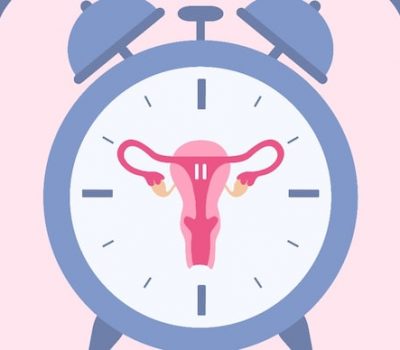Atrial Fibrillation
By Dr Eugene
Having butterflies in your stomach?
A common phrase we use to describe how we are feeling anxious or nervous. However, did you know that the feeling of having “butterflies in your stomach” can sometimes be a sign of heart rhythm problems. It’s one of the symptoms of atrial fibrillation.
Atrial Fibrillation (AFib)
Atrial fibrillation (AFib) is a common heart rhythm disorder that affects millions of people worldwide. Around half a million Australians are living with AFib. One in three individuals are at risk of developing AFib in their lifetime. AFib affects 2% of the general population and one in 20 of those aged over 55.
It occurs when the upper chambers of the heart, the atria, beat irregularly and rapidly, often faster than the lower chambers, the ventricles. This can lead to a variety of symptoms and complications, some of which can be serious.
Symptoms of AFib
Some people with AFib may not experience any symptoms at all. However, common symptoms include:
- A fluttering or racing heartbeat
- Shortness of breath
- Chest pain
- Dizziness or lightheadedness
- Fatigue
- Confusion
AFib can be caused by a variety of factors, including:
- High blood pressure
- Heart disease
- Valve disease
- Thyroid problems
- Sleep apnea
- Alcohol or drug use
Risks and Complications of AFib
AFib can increase the risk of several serious complications, including:
- Stroke: AFib can cause blood clots to form in the heart. These clots can then travel to the brain, causing a stroke.
- Heart failure: AFib can weaken the heart over time, leading to heart failure.
Treatment for AFib may include:
- Medications: To control heart rate and rhythm, and to prevent blood clots.
- Cardioversion: A procedure that uses electrical shocks or medications to restore a normal heart rhythm.
- Catheter ablation: A procedure that uses heat or cold to destroy the areas of the heart that are causing the abnormal rhythm.
- Surgery: In some cases, surgery may be necessary to repair or replace a damaged heart valve or to create a maze-like pattern of electrical pathways in the heart.
I would be happy to review your heart health.
References:
Better Health Channel
American Heart Association








